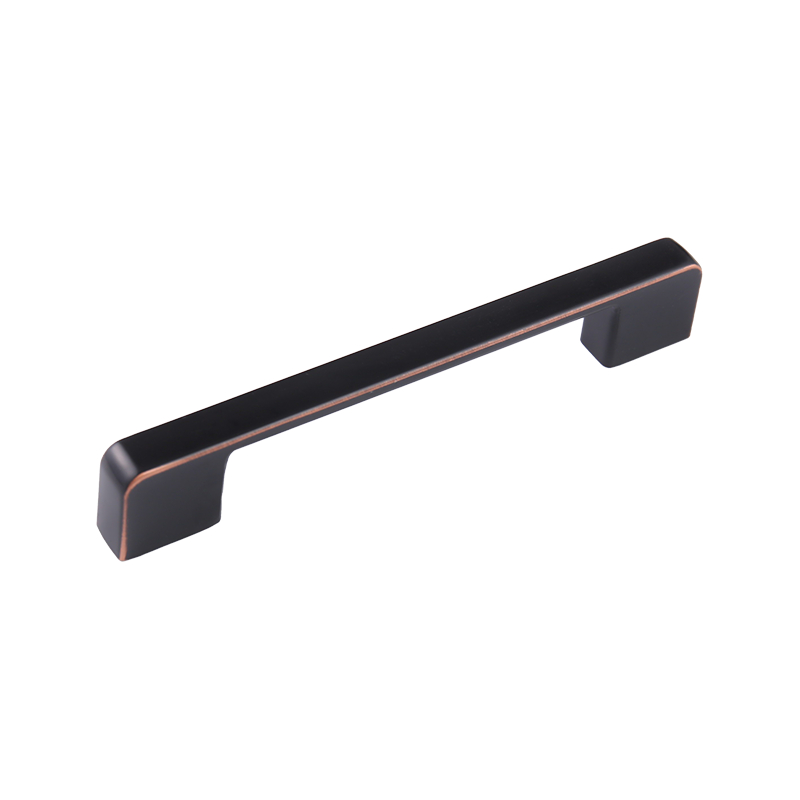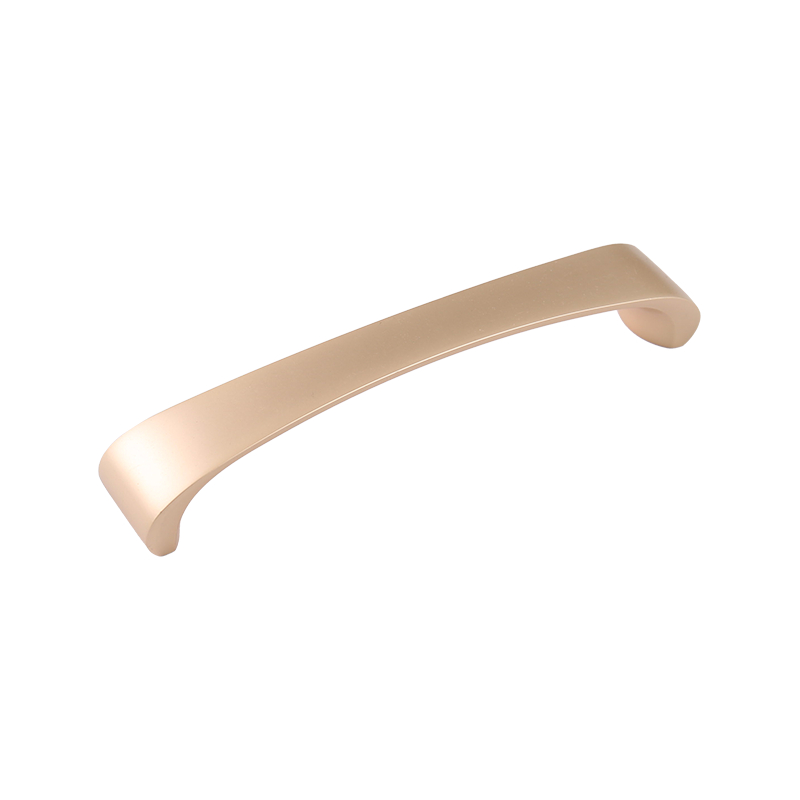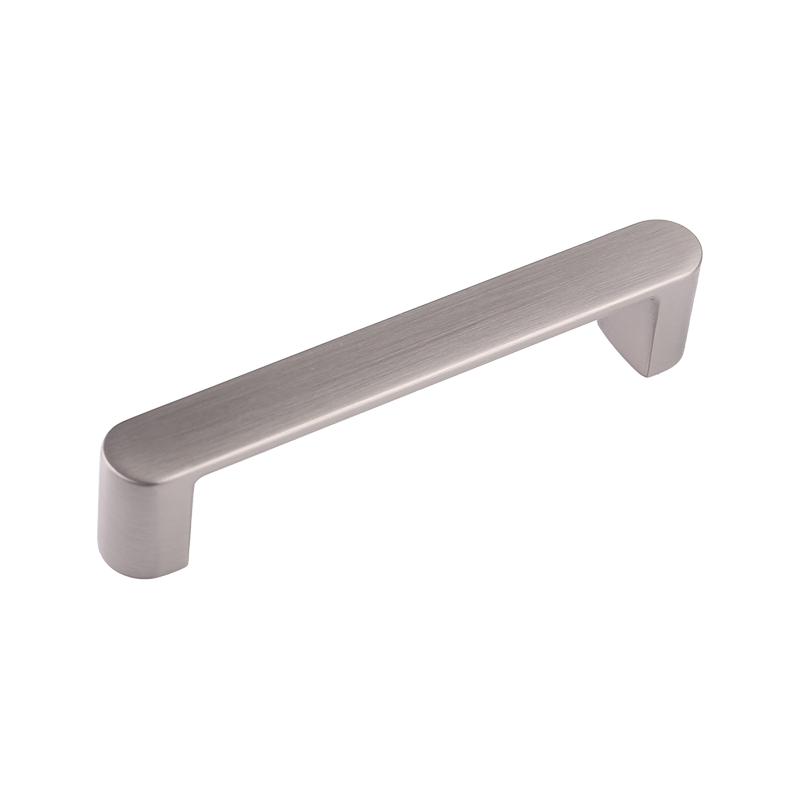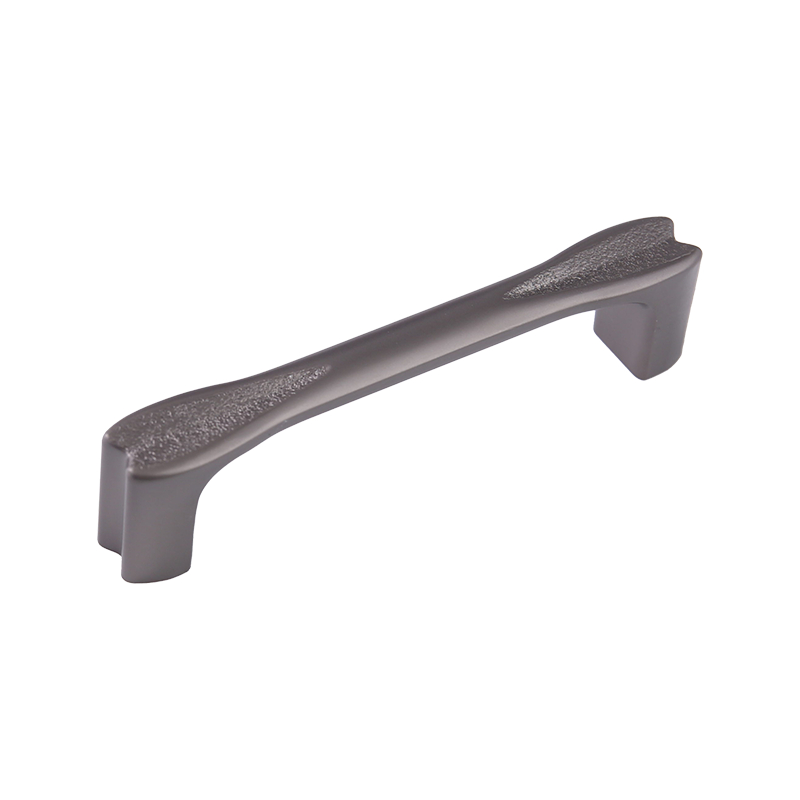As a professional hardware product manufacturing, R&D, design, and production enterprise, we are recognized as a pioneer in the hardware industry.
Driven by the wave of smart homes, home security is no longer limited to traditional physical protection, but has incorporated high-tech elements to achieve unprecedented intelligence and convenience. Among them, "door locks", a seemingly ordinary but crucial home component, are undergoing an unprecedented technological revolution.
Looking back on history, door locks have evolved from simple wooden latches and iron lock cylinders to complex password locks and fingerprint locks. The upgrade of each generation of door locks is accompanied by the improvement of social security needs and the development of technology. Today, smart door locks are gradually replacing traditional door locks with their powerful functionality and high security, becoming the mainstream of the market.
The core of smart door locks lies in their integration of cutting-edge technologies such as biometric technology (such as fingerprint, facial recognition), wireless communication technology (Wi-Fi, Bluetooth), Internet of Things (IoT) and cloud computing. The application of these technologies not only greatly improves the anti-theft performance of door locks, but also gives users an unprecedented user experience-remote control of door lock status, receiving intrusion alarms, recording the entry and exit of family members through mobile phone APP, etc., so that family safety is under control.
Biometric technology is a highlight of smart door locks. Fingerprint recognition, as the earliest biometric identification method used in door locks, has won wide recognition for its high accuracy and ease of use. However, with the continuous advancement of technology, facial recognition technology has gradually become the new favorite of smart door locks due to its higher convenience and difficult-to-copy characteristics. Through deep learning algorithms, facial recognition door locks can accurately identify user facial features in complex lighting environments, and can be easily unlocked even when wearing glasses or hats, greatly improving the user experience.
Smart door locks are not only the first line of defense for home security, but also an important part of the smart home ecosystem. Through the Internet of Things technology, smart door locks can be linked with other smart home devices to achieve scene-based control. When users enter the house through smart door locks, the lights automatically light up, the curtains slowly open, and the air conditioner is adjusted to a suitable temperature, creating a warm and comfortable home environment.
While enjoying the convenience brought by smart door locks, their security and privacy protection issues have also attracted much attention. In order to cope with potential cyber attacks and data leakage risks, modern smart door locks use multiple encryption technologies to ensure the security of data transmission and storage. At the same time, they follow strict privacy policies to ensure that user biometric information and personal data are not abused.


 English
English русский
русский Español
Español عربى
عربى












